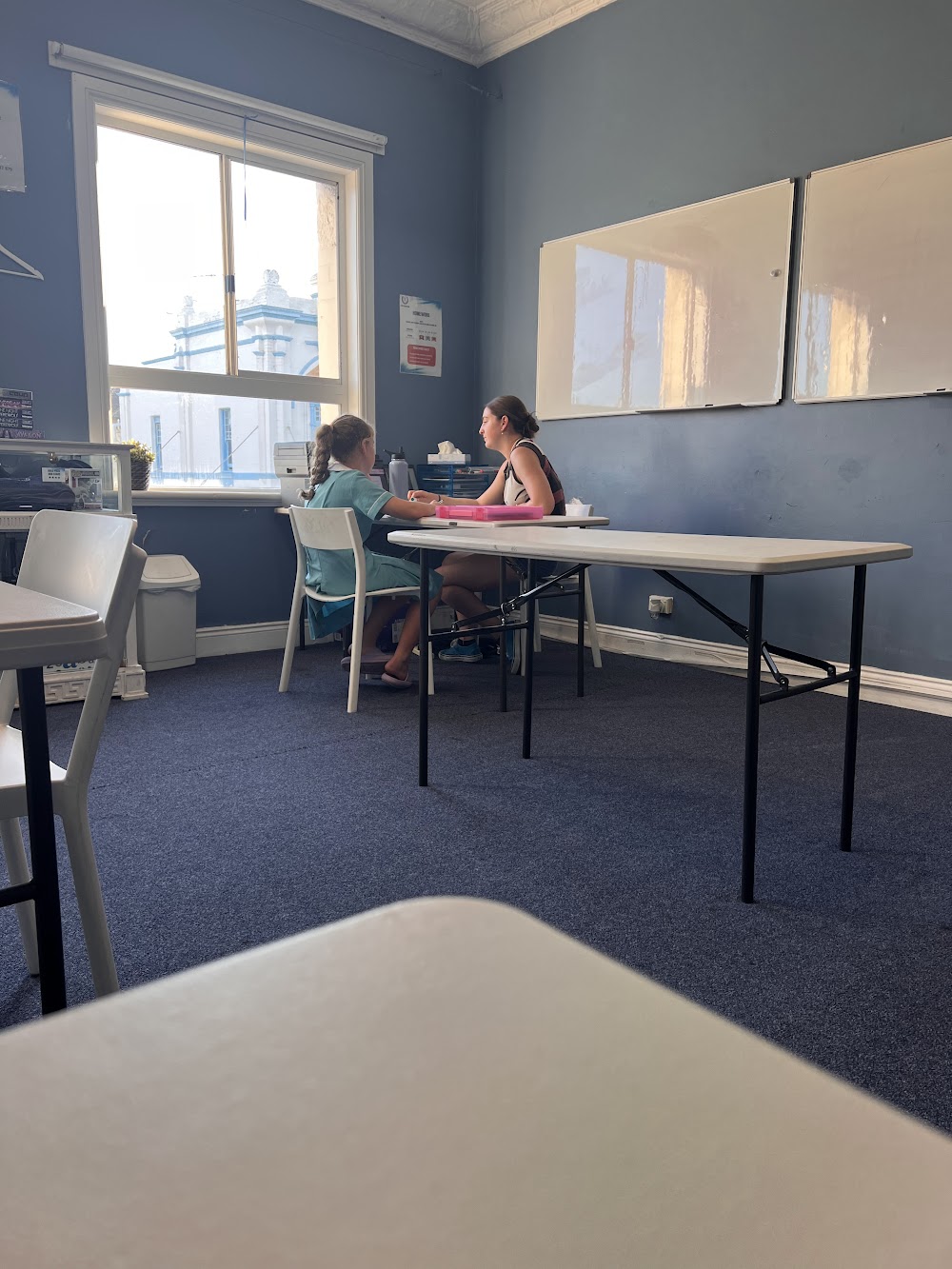
Tutors can be game-changers for kids with different learning needs. Since no two kids learn the same way, tutors can tweak their approach to match what works best for each student.
First off, they create personalised learning plans, focusing on what a kid struggles with while playing to their strengths. Instead of a one-size-fits-all approach, they adjust lessons so kids can learn at their own pace. Using different teaching styles—like visuals, hands-on activities, and even storytelling, helps make things click. Some kids do better with charts and videos, while others learn best by doing.
Tutors are also great at breaking things down into smaller, bite-sized steps so concepts don’t feel overwhelming. They use real-life examples to make tough subjects easier to grasp. Plus, they’re all about building confidence, nstead of just pointing out mistakes, they encourage effort and progress, helping kids develop a positive attitude toward learning.
Beyond academics, tutors provide emotional support. Learning difficulties can be frustrating, and a good tutor creates a safe space where kids feel comfortable asking questions. They can also introduce assistive tools, like audiobooks or learning apps, to make studying more engaging.
Most importantly, tutors work hand-in-hand with parents and teachers, making sure everyone’s on the same page. Over time, they help kids become more independent, teaching them how to advocate for their learning needs and develop solid study habits.
At the end of the day, it’s not just about better grades, it’s about helping kids enjoy learning and feel more confident in themselves.
Jordan

